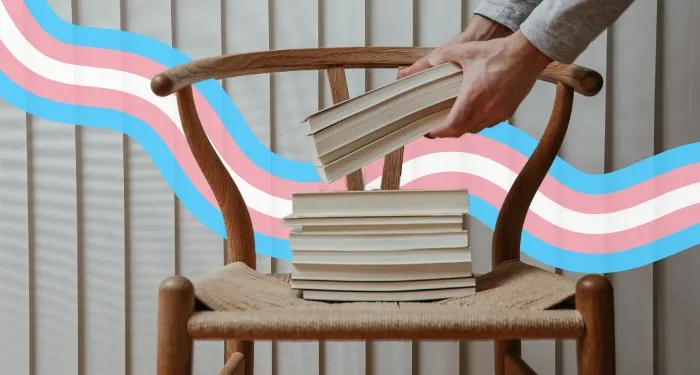I think it may be Penguin’s Marie-Louise Patton I need to thank for sending me a surprise copy of Hunchback by Saou Ichikawa, translated by Polly Barton. It’s my pleasure to share my review of Hunchback today.
Hunchback was published by Penguin Viking on 6th March 2025 and is available for purchase through the publisher links here.
Hunchback

LONGLISTED FOR THE INTERNATIONAL BOOKER PRIZE 2025
Born with a congenital muscle disorder, Shaka Isawa has severe spine curvature and uses an electric wheelchair and ventilator. Within the limits of her care home, her life is lived online: she studies, she tweets indignantly, she posts outrageous stories on an erotica website. One day, a new male carer reveals he has read it all – the sex, the provocation, the dirt. Her response? An indecent proposal…
Written by the first disabled author to win Japan’s most prestigious literary award and acclaimed instantly as one of the most important Japanese novels of the twenty-first century,
Hunchback is an extraordinary, thrilling glimpse into the desire and darkness of a woman placed at humanity’s edge.
My Review of Hunchback
Shaka Isawa is severely physically disabled.
Crikey! Hunchback is quite a book. I’ll say at the outset, that despite being a short novella it packs a huge punch and it most certainly won’t be to everyone’s taste. Initially, when I read the highly sexualised first few pages, I really didn’t think it would be a book for me. I was wrong.
Hunchback is less of a read and more of a terrifyingly lucid and disturbing insight into the world of a young woman with Shana’s disabilities. The book is shocking, thought-provoking and very unsettling because Saou Ichikawa challenges the equilibrium of her readers, making them confront not only disability, but their deep seated and possibly unrealised attitudes to it. I thought it was a magnificent read as Shaka Isawa struggles to find her place in a world where the narrative around disabilities is written by those who don’t have them.
The structure of the book is really clever. Alongside Shaka’s vivid descriptions of the practicalities of her everyday life and her desire to become pregnant, there’s quite a lot about the inequality of books and reading in the narrative and yet, ironically, the story is bookended by two explicit sexual passages. Through this structure and the character of Tanka, Hunchback explores the nature of desire, disability and the different types of power that we wield, from physical, through financial to emotional. It’s fascinating.
As Shaka describes her life in the first person, the effect is to experience it with her. I wasn’t sure I always wanted to, but I couldn’t tear myself away. I confess that some of the actions she has to perform to keep her lungs clear and keep herself alive were really tricky to read.
I can’t say I ‘enjoyed’ Hunchback. However, I found it challenging, disquieting and, actually, essential reading. My blythe and somewhat unthinking acceptance of those with disabilities has been blown apart by Hunchback. I have been changed by reading it – and that change isn’t necessarily a comfortable experience. I cannot recommend strongly enough that you read Hunchback for yourself. I can guarantee that it won’t leave you indifferent. So be prepared for some strong reaction!
About Saou Ichikawa
Saou Ichikawa graduated from the School of Human Sciences, Waseda University. Her bestselling debut novel, Hunchback, won the Bungakukai Prize for New Writers, and she is the first author with a physical disability to receive the Akutagawa Prize, one of Japan’s top literary awards. She has congenital myopathy and uses a ventilator and an electric wheelchair. Saou Ichikawa lives outside Tokyo.



















 English (US) ·
English (US) ·